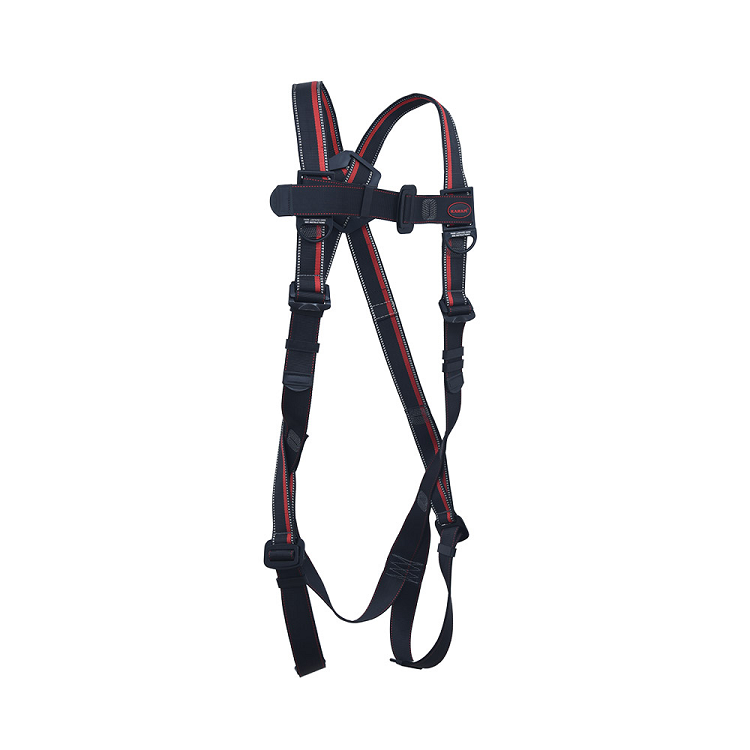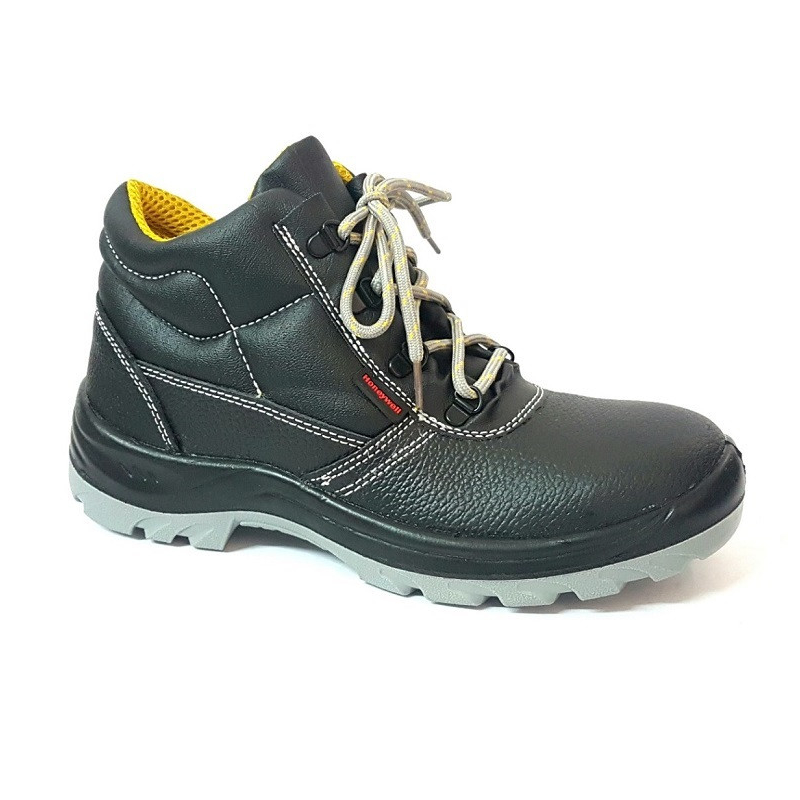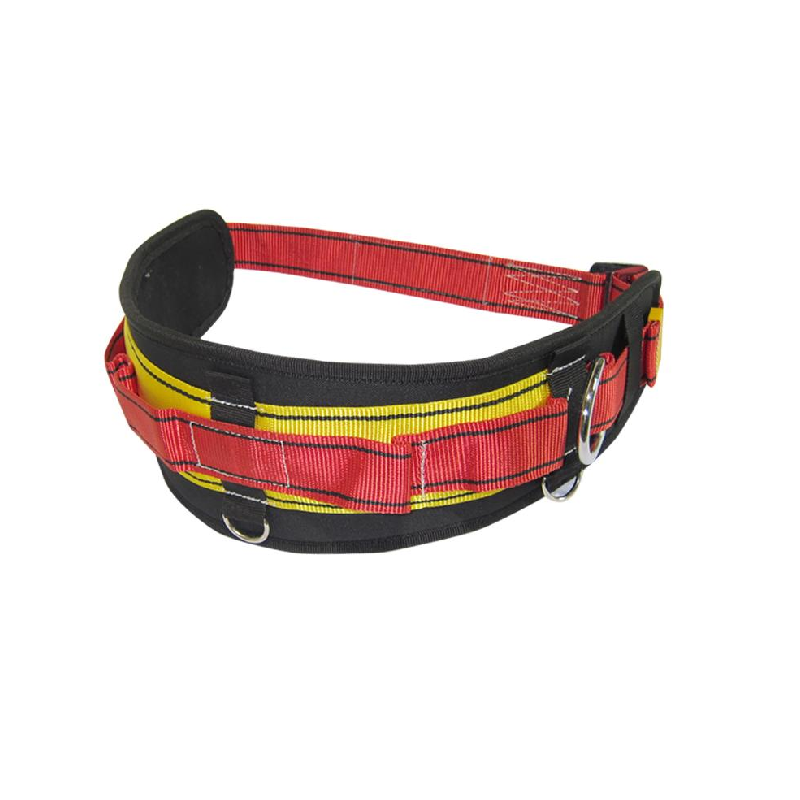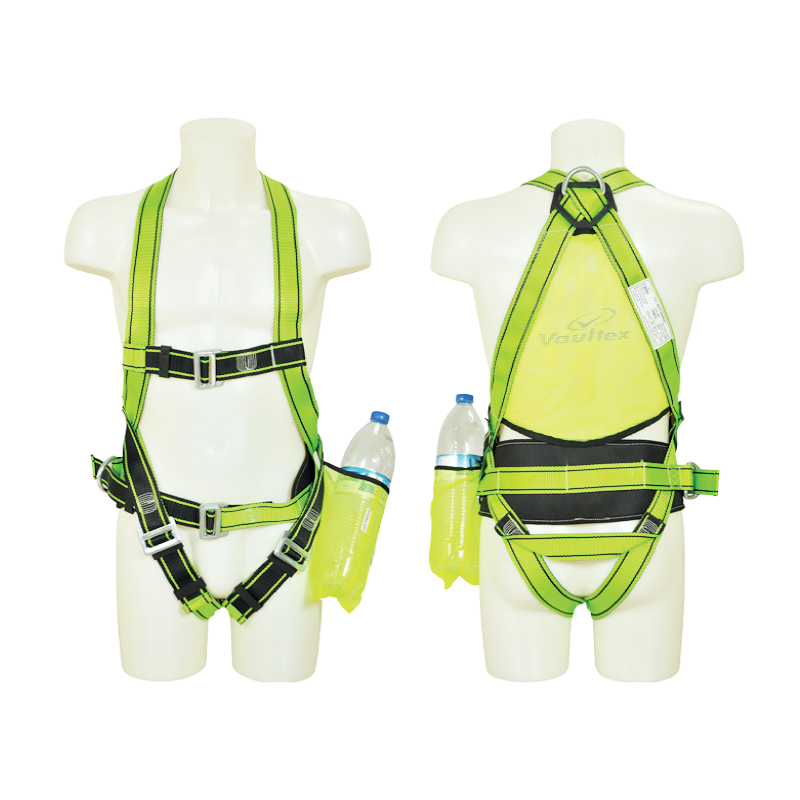MSK PPE Dubai (MSK Personal Protective Equipment Dubai) is a company or organization based in Dubai, specializing in the provision of personal protective equipment (PPE). PPE includes various types of gear and clothing designed to protect individuals from hazards in the workplace, particularly in industries like healthcare, construction, manufacturing, and other environments where safety is a concern.
In Dubai, the demand for PPE has been significant, especially during the COVID-19 pandemic, which highlighted the importance of high-quality protective gear for frontline workers and the general public. MSK PPE Dubai likely offers a range of products such as masks, gloves, face shields, gowns, and other protective apparel, adhering to international safety standards to ensure the well-being of its users.
The company might serve a wide range of clients, from hospitals and clinics to construction companies and industrial facilities, providing solutions that cater to various safety requirements. By maintaining a robust supply chain and ensuring the availability of essential protective gear, MSK PPE Dubai plays a crucial role in supporting the safety infrastructure of the region.
MSK.It seems like you're asking about safety essential masks specifically designed for paramedics or emergency medical services (EMS) personnel. These masks are crucial for protecting both patients and healthcare providers from airborne contaminants, particularly in emergency situations. Here are some key features and considerations for safety essential masks in the paramedic context:
Respiratory Protection: Masks used in EMS settings must effectively filter out airborne particles, including bacteria, viruses, and other contaminants. They often meet stringent standards for filtration efficiency, such as N95 or higher.
Comfort and Fit: Paramedics require masks that are comfortable to wear for extended periods during emergencies. A good fit ensures proper seal around the face, minimizing the risk of leakage.
Durability and Reusability: Depending on the situation, masks may need to withstand prolonged use and potential contamination. Some masks are designed for single-use, while others are reusable and can be sanitized between uses.
Visibility and Communication: Clear visibility through the mask is essential for effective communication, especially in high-stress environments where quick and clear communication is critical.
Ease of Use: Masks should be easy to don and doff, allowing paramedics to quickly and efficiently prepare for patient care.
Compliance with Standards: Masks used in healthcare settings, including EMS, should comply with relevant regulatory standards and guidelines for respiratory protection and infection control.
When selecting safety essential masks for paramedic use, it's important to consider these factors to ensure both the safety of the wearer and the effective delivery of patient care in emergency situations. Different types of masks may be suitable depending on the specific requirements and risks encountered during EMS operations."MSK gloves" could refer to gloves used in various contexts or industries. Without specific context, here are a few possibilities:
Medical Gloves: In healthcare settings, "MSK gloves" might refer to gloves used by medical professionals at facilities like Memorial Sloan Kettering Cancer Center (MSKCC) or other medical institutions. These could include latex, nitrile, or vinyl gloves used for examination, surgical procedures, or patient care.
Industrial Gloves: In industrial settings, "MSK gloves" could refer to gloves designed for protection against mechanical hazards, chemicals, or other workplace risks. These gloves are typically made from materials like leather, synthetic materials, or specialized coatings for various levels of protection.
Fashion or Apparel Gloves: "MSK gloves" might also refer to gloves designed for fashion or accessory purposes, though this would depend on the brand or designer using the initials "MSK."
Sports or Outdoor Gloves: In sports or outdoor activities, "MSK gloves" could be gloves designed for specific sports or outdoor pursuits, providing protection and performance features.
To provide more specific information, it would be helpful to know the industry or context in which you are referring to "MSK gloves." Each context would have different types and purposes for gloves under the "MSK" brand or label.
"MSK safety shoes" in the context of paramedicine or emergency medical services (EMS) would likely refer to safety footwear designed specifically for paramedics or emergency responders. These shoes are essential in ensuring foot protection in the demanding and often hazardous environments encountered during emergency medical operations. Here are some key features and considerations for MSK safety shoes in the para context:
Safety Standards: MSK safety shoes are designed to meet or exceed industry safety standards, such as ASTM (American Society for Testing and Materials) or EN (European Norms) standards. They provide protection against impact, compression, punctures, and electrical hazards.
Comfort: Comfort is crucial for paramedics who may spend extended periods on their feet. MSK safety shoes often feature cushioning, ergonomic design, and breathable materials to enhance comfort and reduce fatigue.
Slip Resistance: Paramedics encounter various terrains and surfaces, so MSK safety shoes typically have slip-resistant outsoles to provide traction and stability on wet or slippery surfaces.
Durability: MSK safety shoes are durable and designed to withstand the rigors of EMS work. They are made from high-quality materials that resist wear and tear over time.
Protection Against Biohazards: In EMS settings, there is a risk of exposure to biological hazards. MSK safety shoes may incorporate features that make them easy to clean and resistant to contamination.
Fit and Support: Proper fit and support are essential to prevent injuries and ensure comfort during physically demanding tasks. MSK safety shoes often have features like reinforced heels, ankle support, and adjustable closures for a secure fit.
Choosing the right MSK safety shoes for paramedics involves considering these factors to ensure optimal protection, comfort, and performance in emergency medical situations. Different models may offer specific features tailored to the needs of EMS professionals.
Firewall protection refers to a combination of hardware and software technologies designed to prevent unauthorized access to or from a private network. It acts as a barrier between a trusted internal network and untrusted external networks, such as the Internet. Here are key aspects of firewall protection:
Network Security: Firewalls monitor and control incoming and outgoing network traffic based on predetermined security rules. They inspect packets of data passing through and decide whether to allow, block, or filter traffic based on these rules.
Types of Firewalls:
Packet Filtering Firewalls: These examine packets of data based on predefined rules, such as source and destination IP addresses, ports, and protocols.
Stateful Inspection Firewalls: They track the state of active connections and make decisions based on the context of traffic flow.
Proxy Firewalls: Proxy servers intercept traffic between internal and external networks, acting as an intermediary to enhance security.
Next-Generation Firewalls (NGFW): These integrate additional features such as intrusion prevention systems (IPS), application awareness, and advanced threat detection capabilities.
Functions and Features:
Access Control: Firewalls enforce access policies to restrict unauthorized access to sensitive resources.
Logging and Monitoring: They log traffic patterns, events, and security incidents for analysis and auditing purposes.
Virtual Private Network (VPN) Support: Many firewalls support VPN connections, enabling secure remote access to internal networks.
Intrusion Detection and Prevention: Some firewalls include IDS/IPS capabilities to detect and block malicious activities in real-time.
Importance in Cybersecurity: Firewalls are a critical component of network security, forming the first line of defense against cyber threats such as unauthorized access, malware, and denial-of-service (DoS) attacks.
Deployment: Firewalls can be deployed as hardware appliances, software applications, or virtual appliances depending on the network architecture and security requirements.
Overall, firewall protection plays a crucial role in safeguarding networks and data from external threats, ensuring confidentiality, integrity, and availability of network resources.
Personal Protective Equipment (PPE):
Masks: Such as N95 respirators or surgical masks used to protect against airborne contaminants.
Gloves: For hand protection in medical, industrial, or hazardous environments.
Safety Glasses and Face Shields: To protect the eyes and face from impacts, chemical splashes, or airborne particles.
Protective Clothing: Including coveralls, aprons, or gowns used in healthcare, chemical handling, or hazardous material cleanup.
Safety Footwear:
Shoes designed with safety features like steel toes, slip-resistant soles, and electrical hazard protection.
Respiratory Protection:
Equipment such as respirators or breathing apparatus to protect against harmful airborne contaminants, chemicals, or particulates.
Fall Protection Equipment:
Harnesses, lanyards, and anchor points used to prevent falls from heights in construction, maintenance, or rescue operations.
Emergency Response Equipment:
Including first aid kits, defibrillators (AEDs), fire extinguishers, and emergency eyewash stations to ensure quick response to medical emergencies or safety incidents.
Environmental Monitoring Equipment:
Devices for monitoring air quality, noise levels, radiation, or other environmental factors to ensure safe working conditions.
Ergonomic Equipment:
Tools and furniture designed to promote ergonomic principles and reduce the risk of musculoskeletal disorders (MSDs) in workplaces.
When considering "MSK healthy safety equipment," it's important to prioritize equipment that not only meets safety standards but also enhances overall health and well-being in the workplace or specific environments. Each type of equipment plays a crucial role in protecting workers and promoting a safe and healthy working environment.
Impact Resistance: MSK safety glasses are constructed from durable materials such as polycarbonate or Trivex, which provide high impact resistance. This protects the eyes from flying debris, particles, or objects.
Lens Options: They may come with different lens options, including clear, tinted, or polarized lenses, depending on the specific application and environmental conditions.
UV Protection: Many MSK safety glasses offer UV protection to shield the eyes from harmful ultraviolet rays, especially important for outdoor or sunny environments.
Comfort and Fit: Ergonomic designs ensure comfort for extended wear, with features like adjustable nose pads and temple arms for a secure fit.
Anti-Fog Coating: Some MSK safety glasses include anti-fog coatings on the lenses to prevent fogging, maintaining clear vision in humid or varying temperature conditions.
Compliance Standards: They meet relevant safety standards such as ANSI Z87.1 (American National Standards Institute) or EN 166 (European standard) for impact resistance and optical clarity.
Applications: MSK safety glasses are used in a wide range of industries and professions, including construction, manufacturing, laboratory work, healthcare, and outdoor activities where eye protection is essential.
When choosing MSK safety glasses, consider the specific hazards and conditions of the work environment to ensure the glasses provide adequate protection and comfort. Proper eye protection not only prevents injuries but also promotes workplace safety and compliance with safety regulations.
A seminar on MSK (Musculoskeletal) safety equipment could focus on various aspects of ensuring the health and safety of individuals in workplaces where musculoskeletal injuries are a concern. Here are some key topics that could be covered in such a seminar:
Introduction to Musculoskeletal Health: Overview of common musculoskeletal disorders (MSDs), their causes, and impact on workplace health and productivity.
Ergonomics Principles: Importance of ergonomics in preventing MSDs, including proper posture, workspace design, and ergonomic equipment.
Types of MSK Safety Equipment:
Ergonomic Tools and Furniture: Desks, chairs, and tools designed to reduce strain and fatigue.
Lifting and Handling Aids: Equipment like lifting belts, hoists, or carts to prevent injuries during material handling.
Personal Protective Equipment (PPE): Gloves, footwear, and back supports designed to reduce strain and protect against injuries.
Selection and Use of MSK Safety Equipment: Criteria for selecting appropriate equipment based on job tasks, ergonomic assessments, and individual needs.
Training and Awareness: Importance of training employees on the proper use of MSK safety equipment and ergonomic practices to mitigate risks.
Case Studies and Best Practices: Examples of successful implementation of MSK safety programs in different industries, highlighting outcomes and lessons learned.
Regulatory Requirements: Overview of relevant occupational health and safety regulations and standards related to musculoskeletal health and safety.
Health Promotion: Strategies for promoting musculoskeletal health and encouraging a culture of safety and wellness in the workplace.
Interactive Workshops: Hands-on sessions or demonstrations to showcase ergonomic equipment and techniques for preventing MSDs.
Q&A Session: Opportunity for participants to ask questions and discuss specific challenges or issues related to MSK safety in their workplaces.
Such a seminar would benefit employers, safety professionals, human resources personnel, and employees involved in workplace health and safety, providing them with practical knowledge and tools to create safer and healthier work environments.





